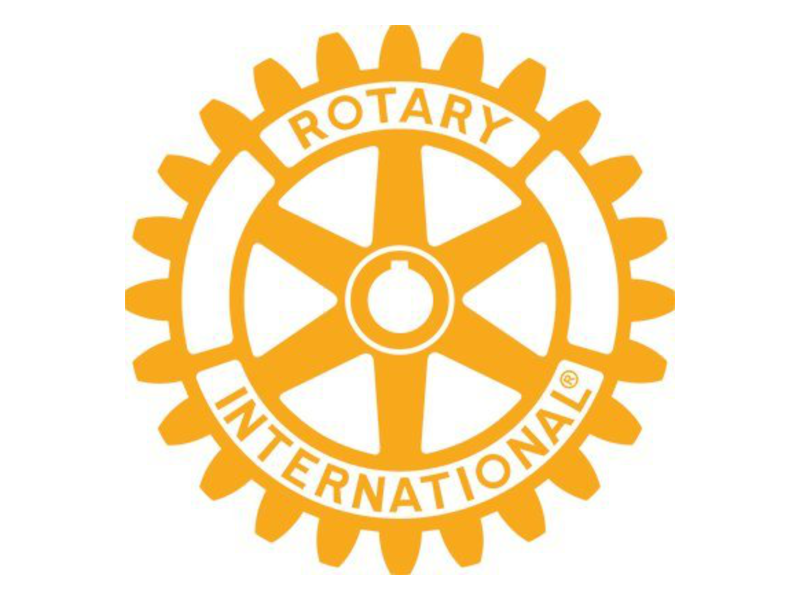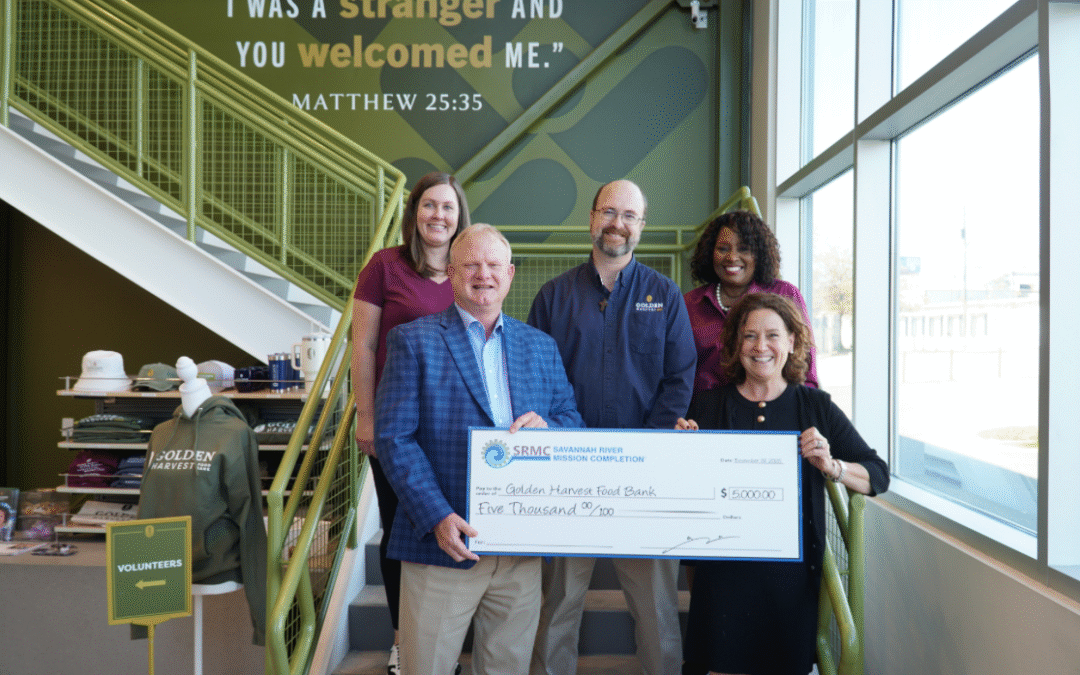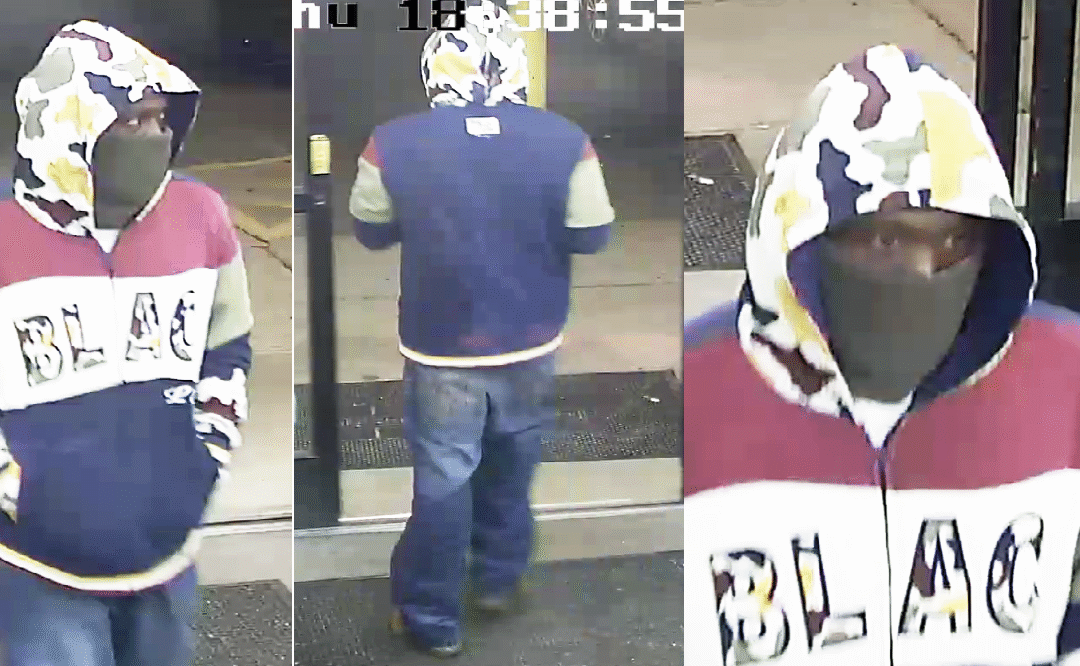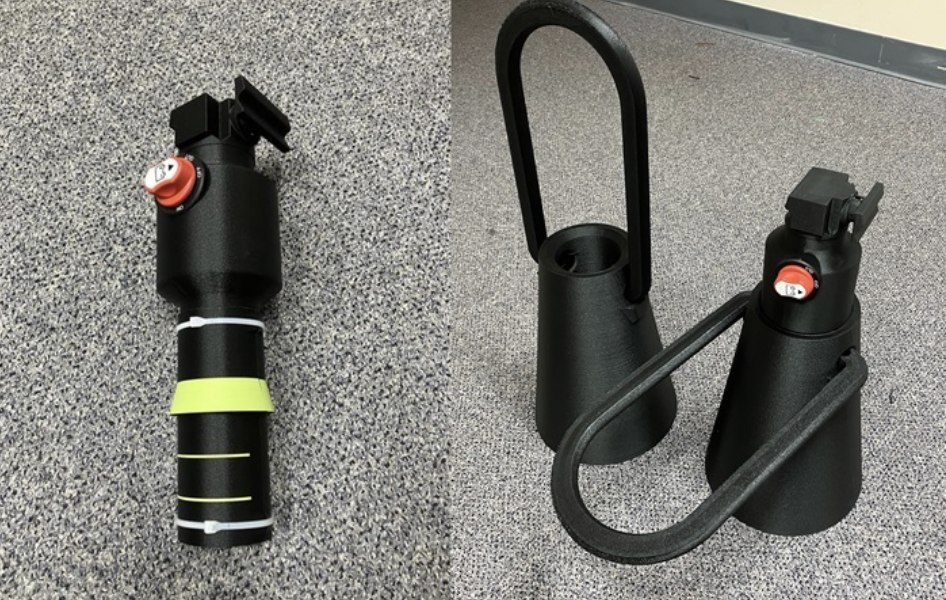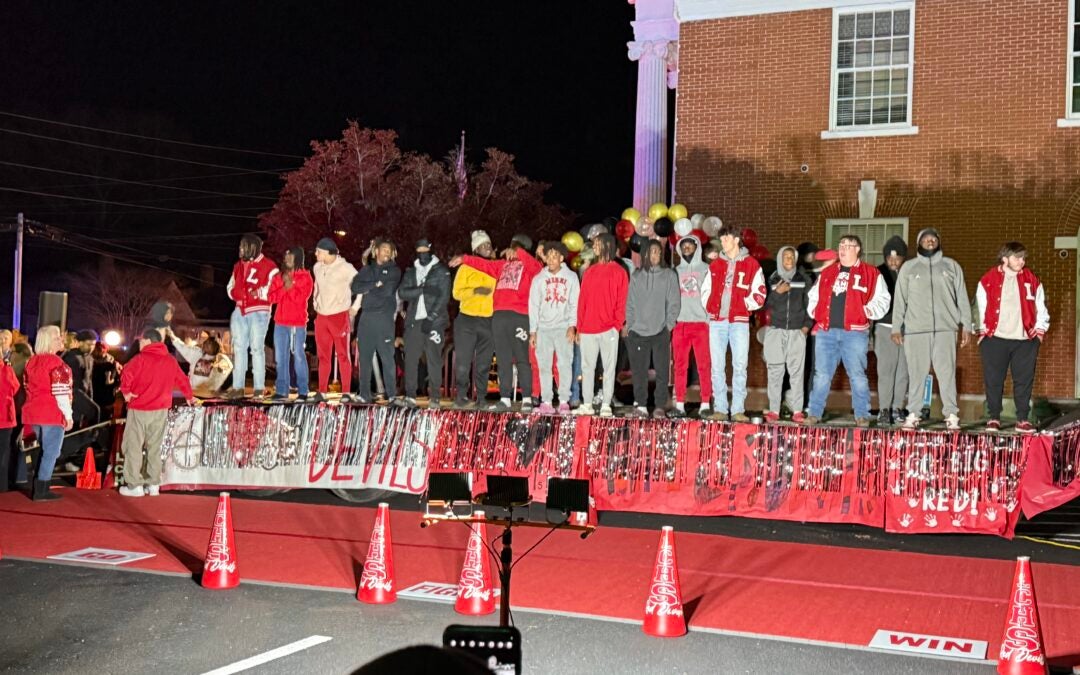Rotary Clubs across the country partnered with a 501(c)(3) organization called MAP International to provide medicines to those that cannot get to them or afford them. The impact has been felt by several thousand patients with more to come in the future.
Launched in October 2017, the Saving Lives with Medicine program has provided access to free medications to more than 4,900 patients across six clinics in Georgia. A total of 28 Rotary Clubs are participating, including the Augusta West Rotary Club, who is helping to provide medications to St. Vincent de Paul Health Center in Augusta.
MORE: Researching the Long-Term Health Impact of COVID-19
“It’s expanded like crazy,” said Marjorie Young, a media contact with Rotary District 6920 in Savannah, Ga. “If there are clinics out there that deal with undeserved people, they may be eligible to get these medicines.”
The medicines Young referred to are part of a four-disease focus by the program: asthma, hypertension, high cholesterol, and high blood pressure. From January to March of 2021, patients demonstrated the following improvements: 68% improvement with hypertension, 92% improvement with diabetes, 81% improvement with high cholesterol, and 92% improvement with asthma as a result of the program’s provided medicine, according to the press release.
Tom Woodbery, who is on the Saving Lives with Medicine task force, first got involved in 2017 when his Macon, Ga. Rotary Club started working with the program.
According to Woodbery, a Rotary district leader named Hamsa Thota, of St. Simons Island Ga., knew about MAP International and their mission due to St. Simons Island’s proximity to Brunswick, Ga., where MAP is based. In 2017, Thota made the first move in getting the surrounding Rotary Clubs to partner with MAP to help distribute those medicines to their home state in addition to MAP’s worldwide efforts.
[adrotate banner=”19″]
MAP was already working with clinics and pharmacies to take their soon-to-expire drugs that would go unused and ship them in bulk to countries where they would certainly go to use before that expiration date.
Woodbery said the pharmaceutical companies give those medicines to MAP free of charge.
“Nurses have told us their patients are now able to get their meds that they couldn’t afford otherwise and their situations are improving,” said Woodbery. “It’s been very positive.”
Now, the Rotary Clubs pay MAP International for the packing and handling of medicines, which individually costs them a couple hundred dollars a month, according to Woodbery, and the medicines are shipped to clinics all across Georgia.
“I’d say that’s a really good return on investment,” Woodbery said. “It’s a collective effort and the result is just remarkable.”
MORE: Planning for the First Hospital in Columbia County
As a result of the COVID-19 pandemic, the focus also shifted to providing personal protective equipment to those in need, as well. Many of the clinics the clubs provide medicines too are also COVID-19 testing and/or vaccination sites. “In the first quarter of 2021, the following supplies were provided: 700 masks, 15,140 gloves, 1,000 KN95 masks, six digital thermometers, two infrared thermometers, 50 pairs of protective eyewear, and 550 disposable protective gowns,” according to the press release.
“The more members we can attract, the more problems we can solve,” said Young.
Tyler Strong is the Business Editor for The Augusta Press. Reach him at tyler@theaugustapress.com.
[adrotate banner=”45″]

